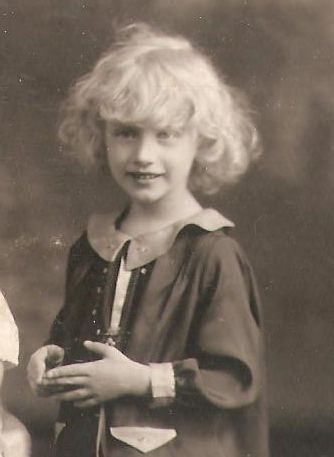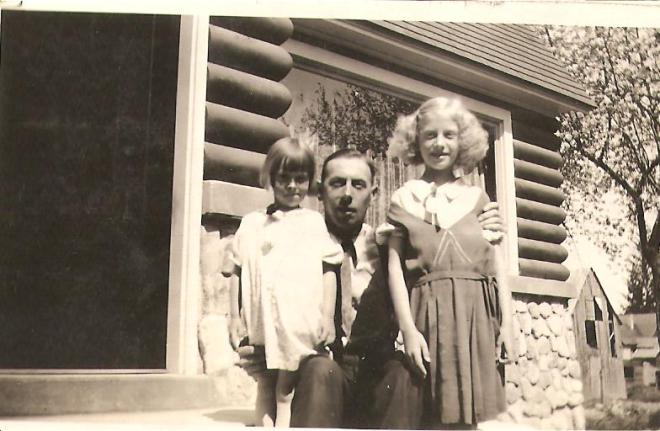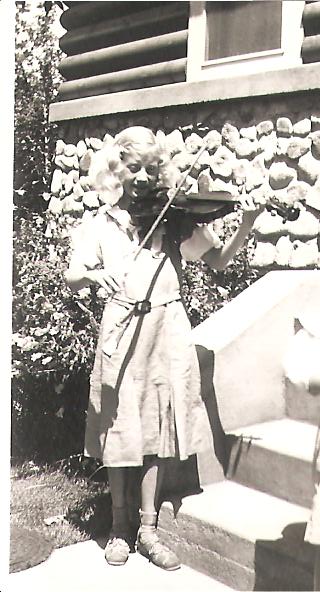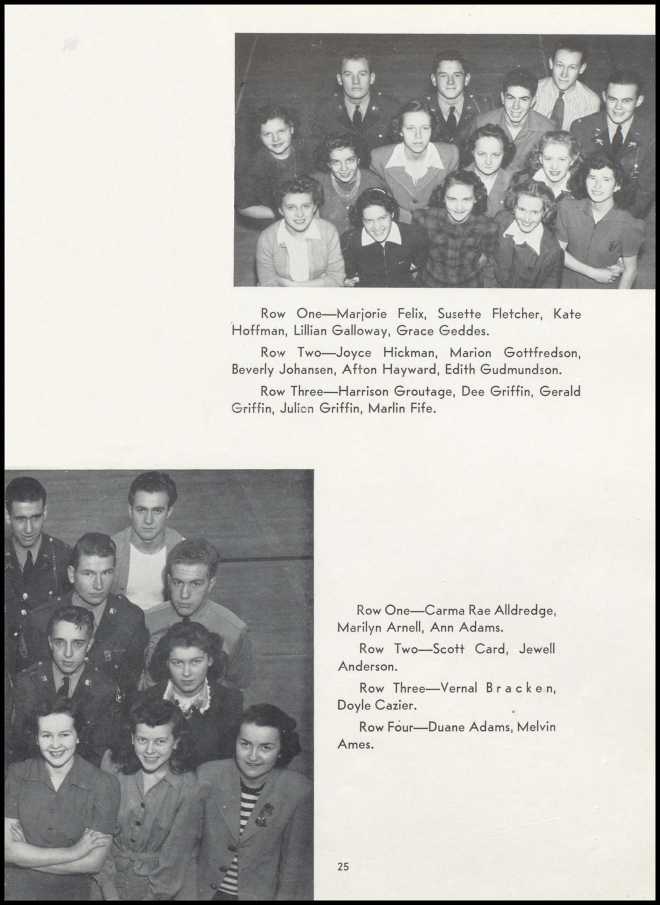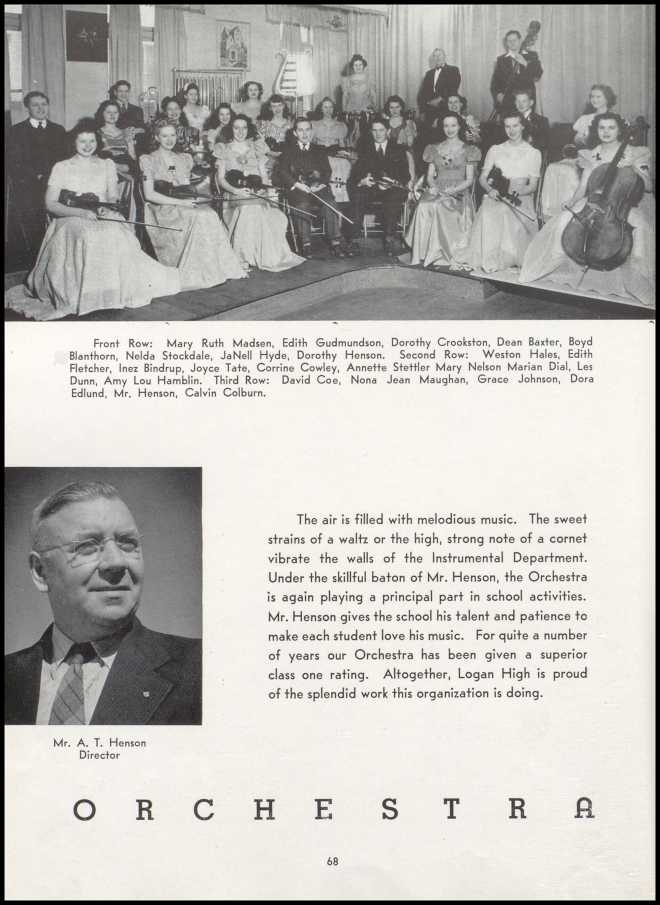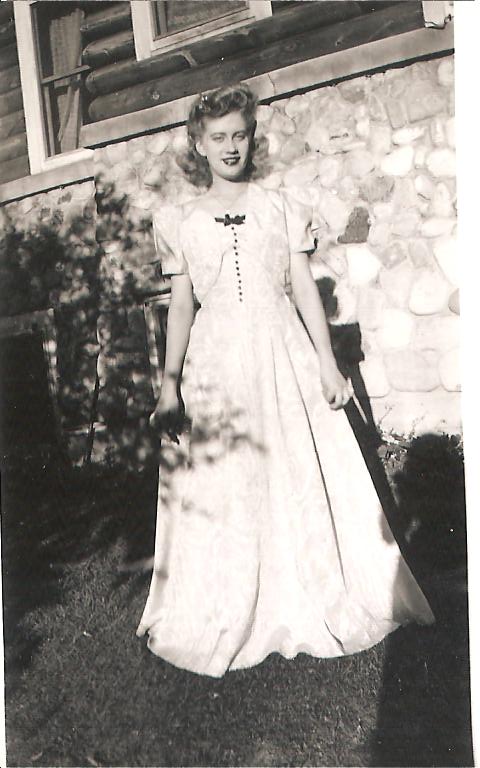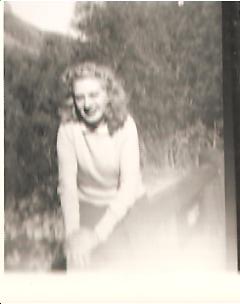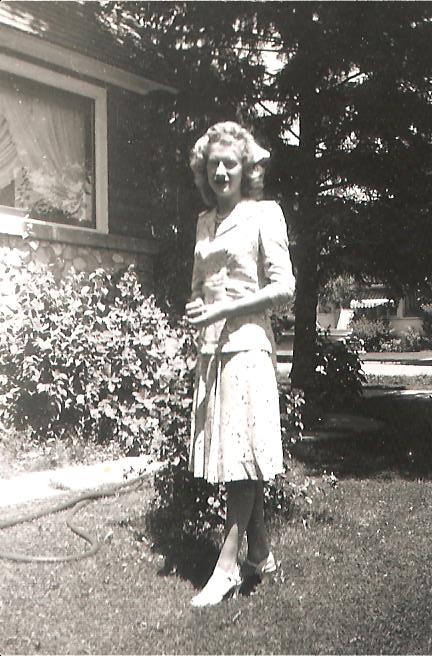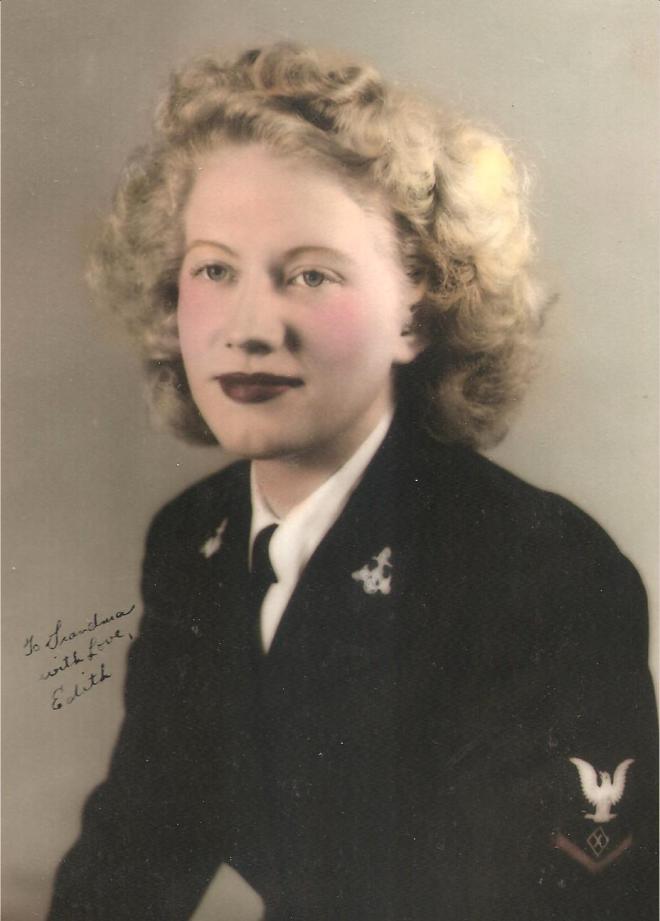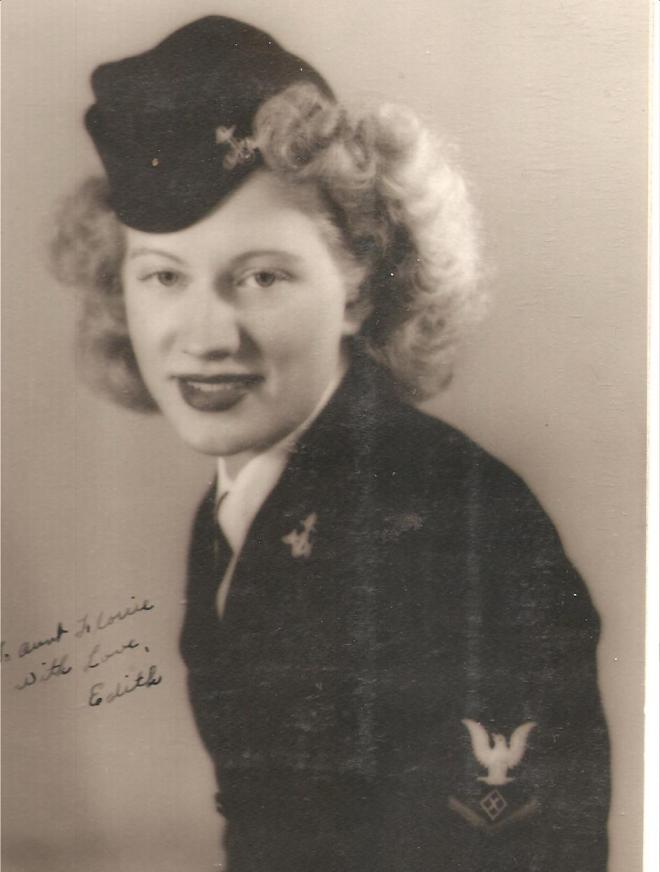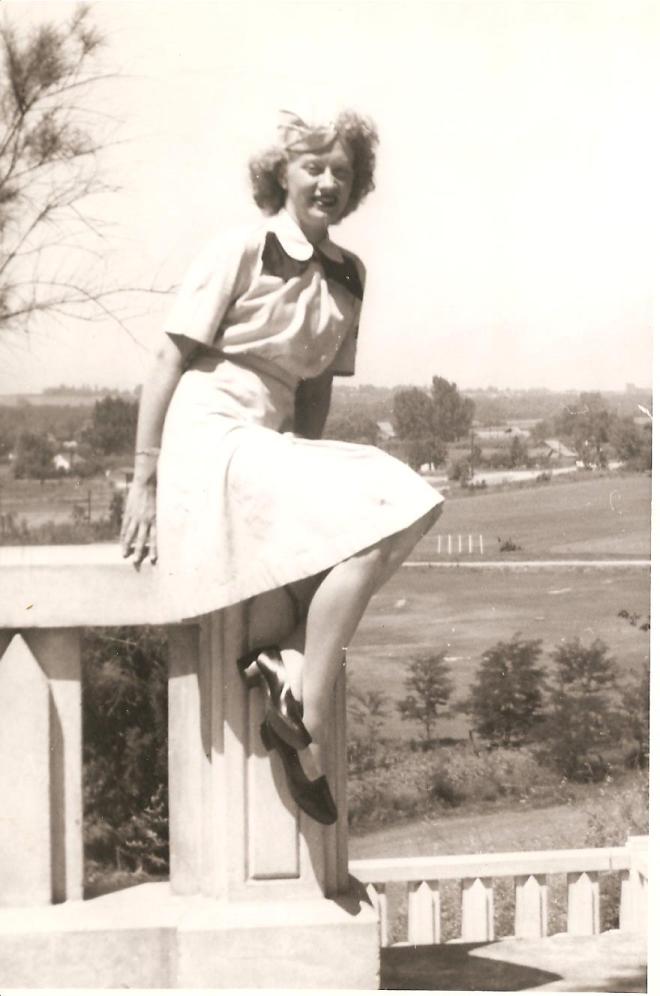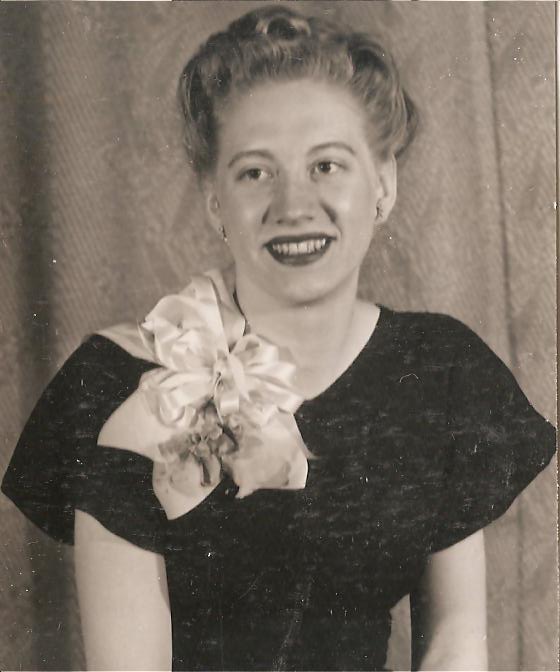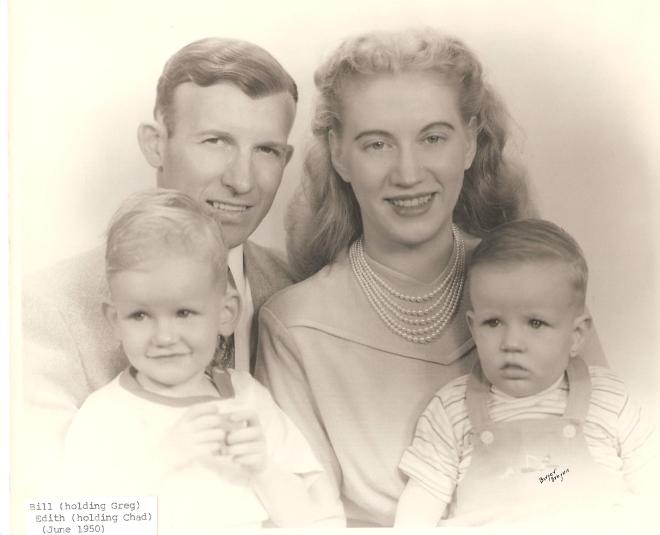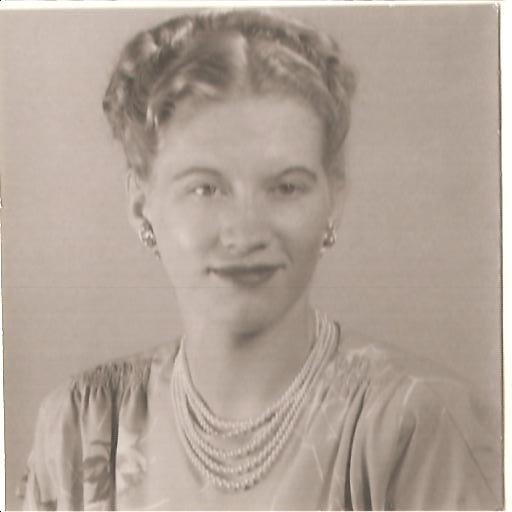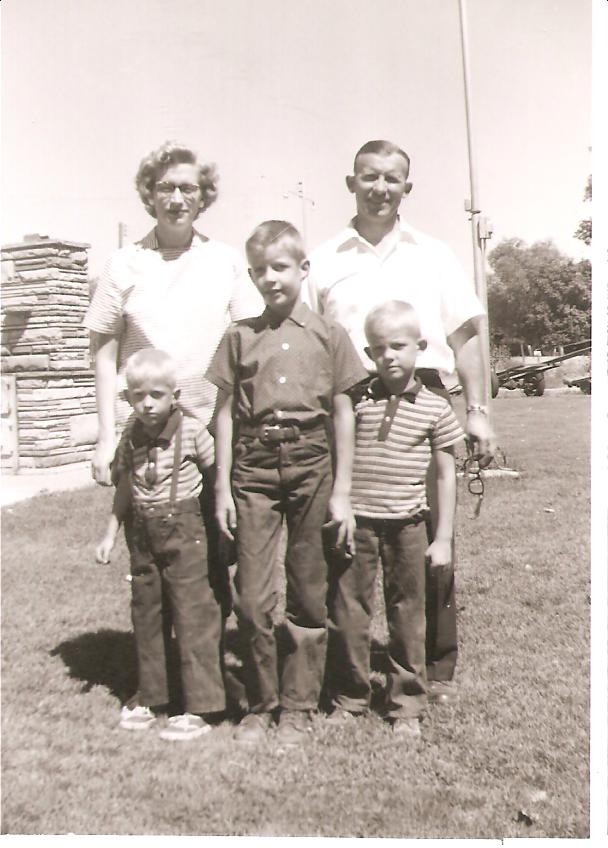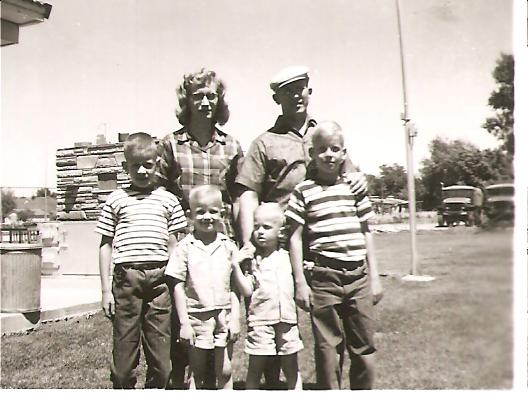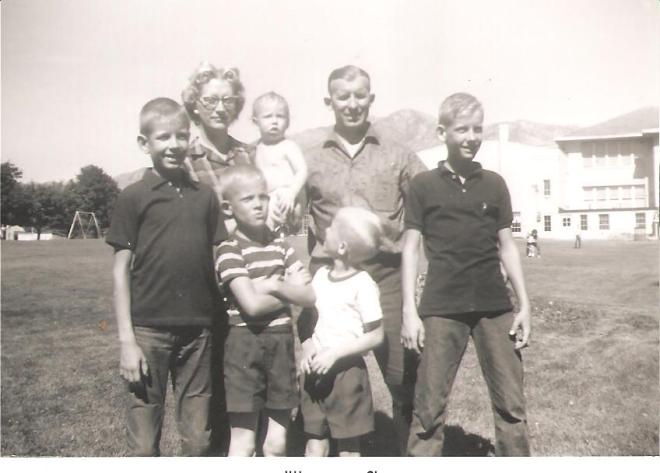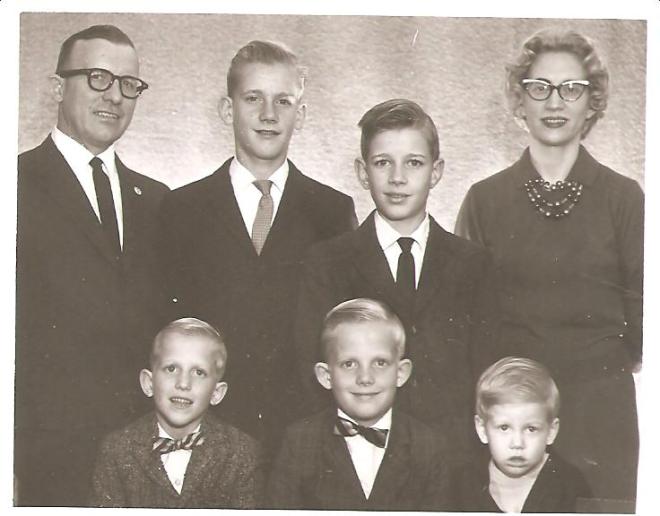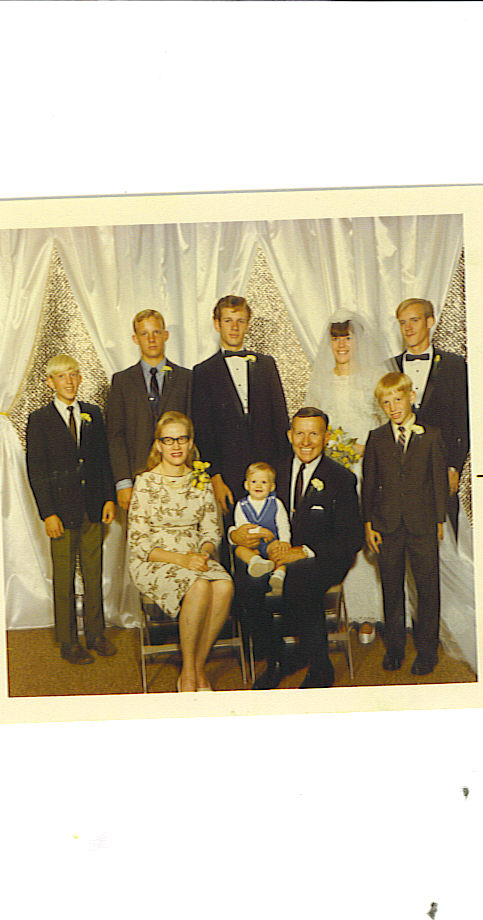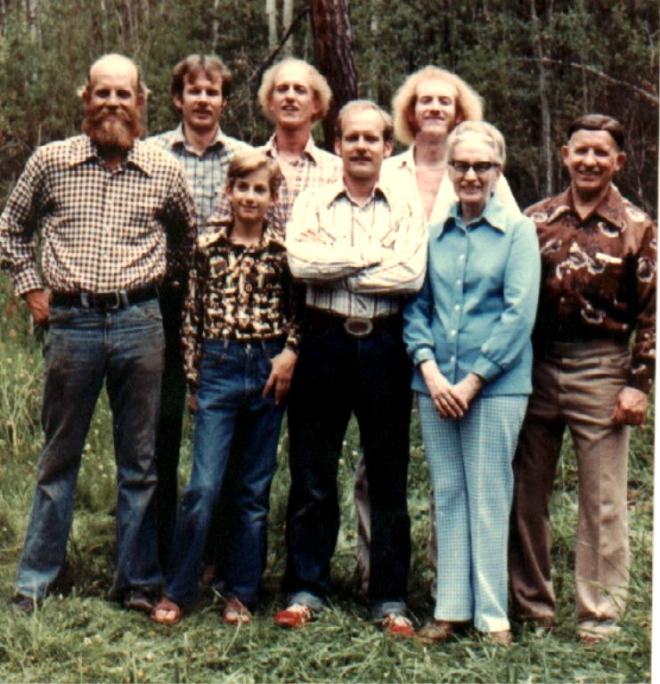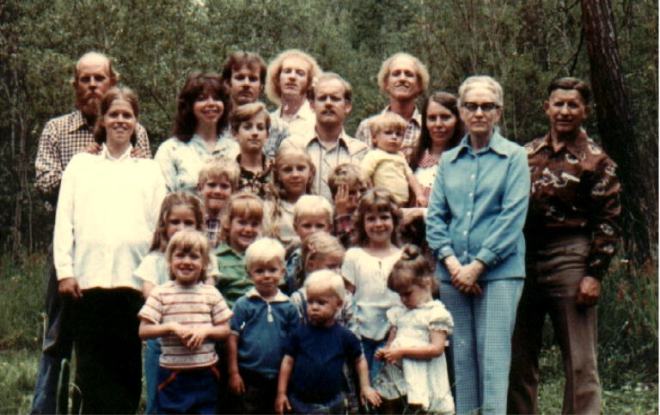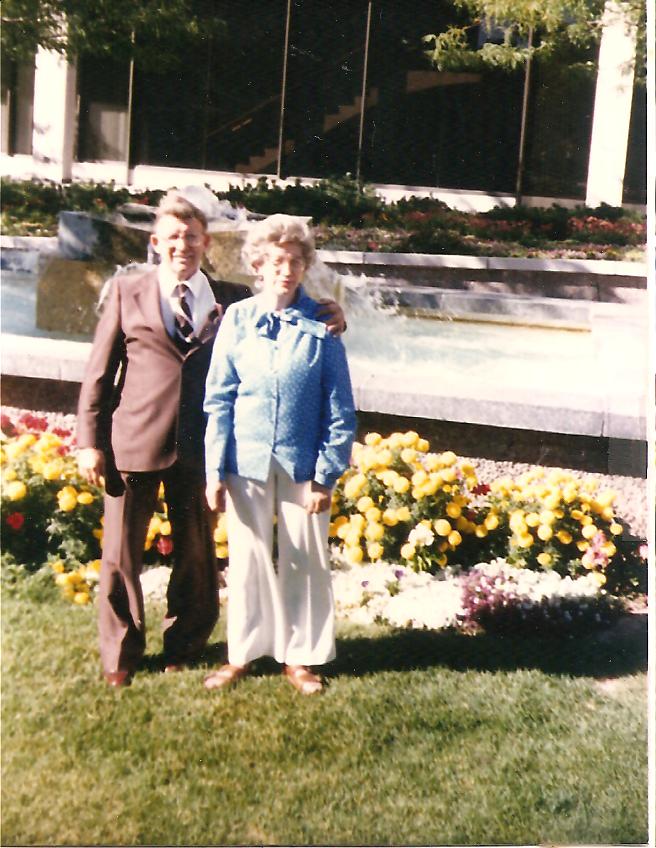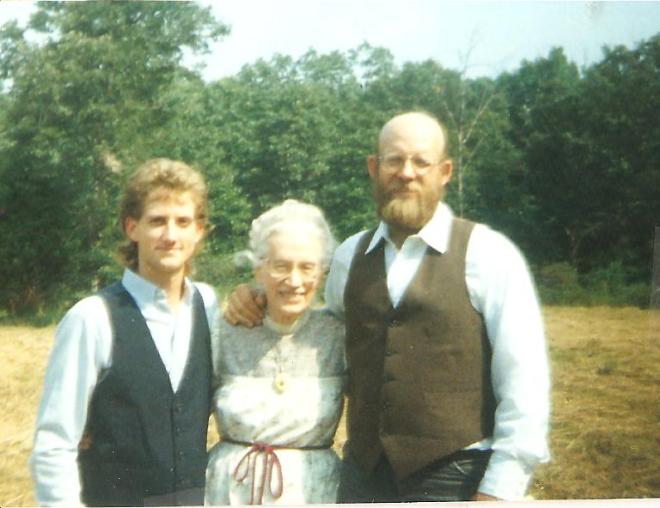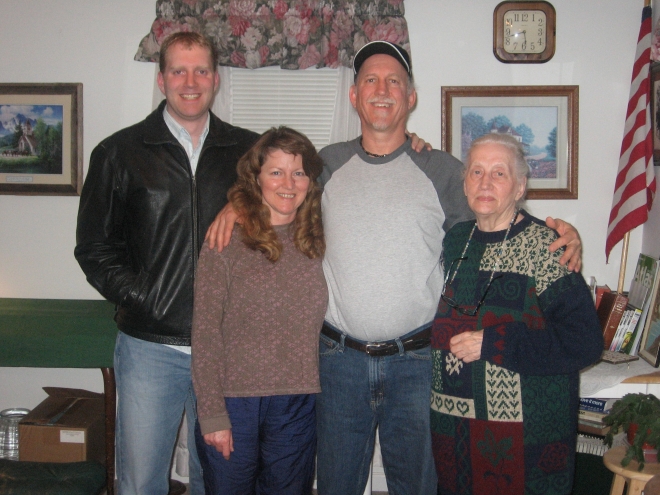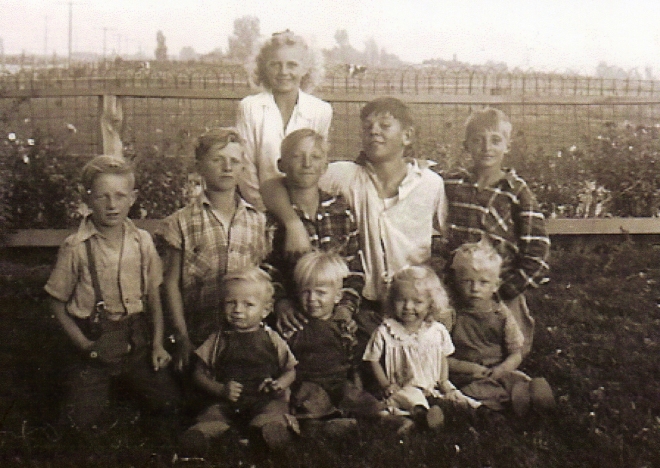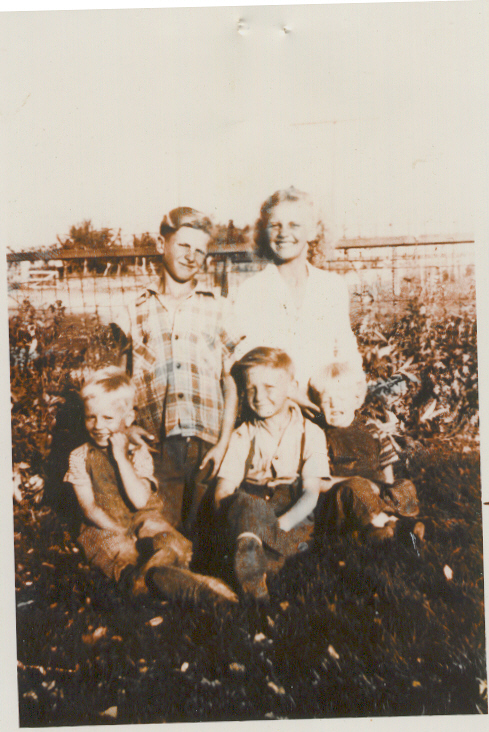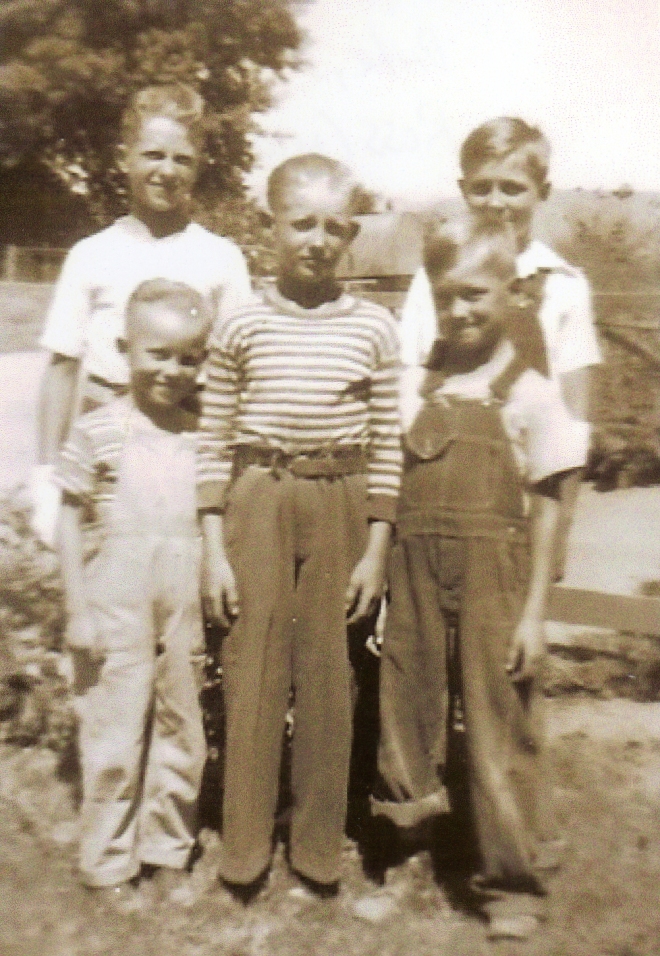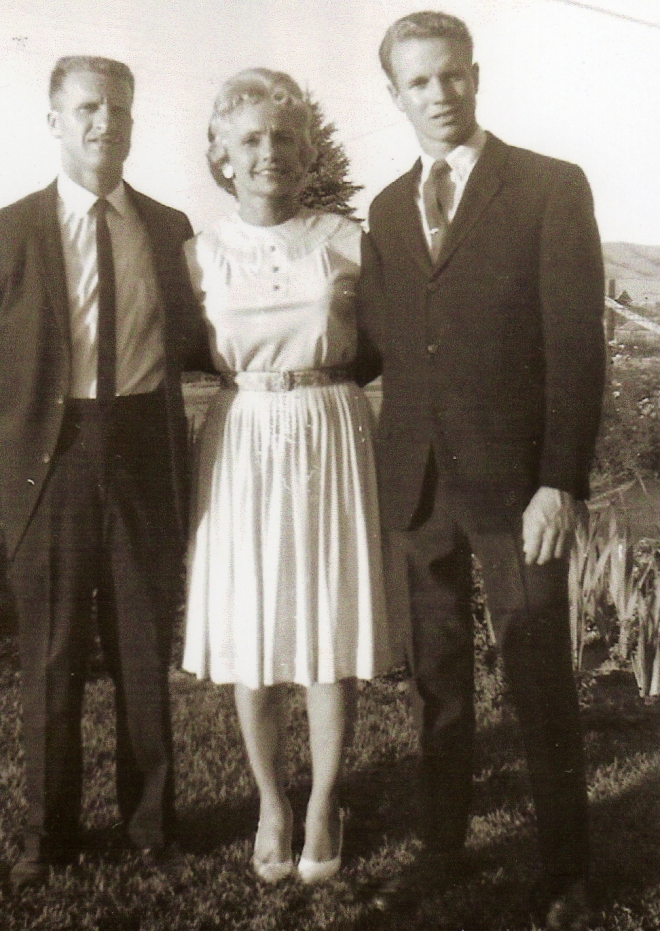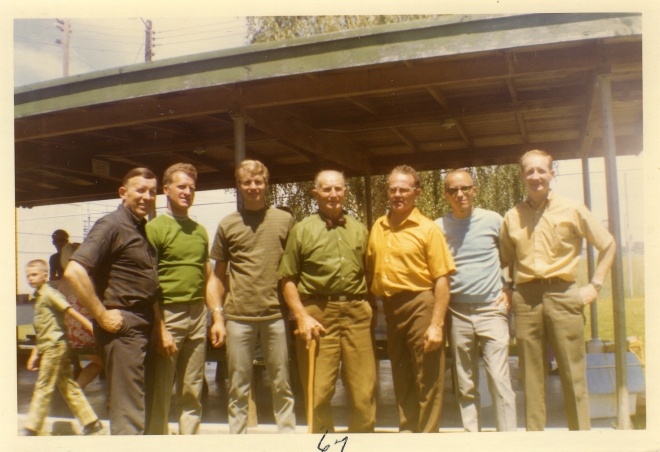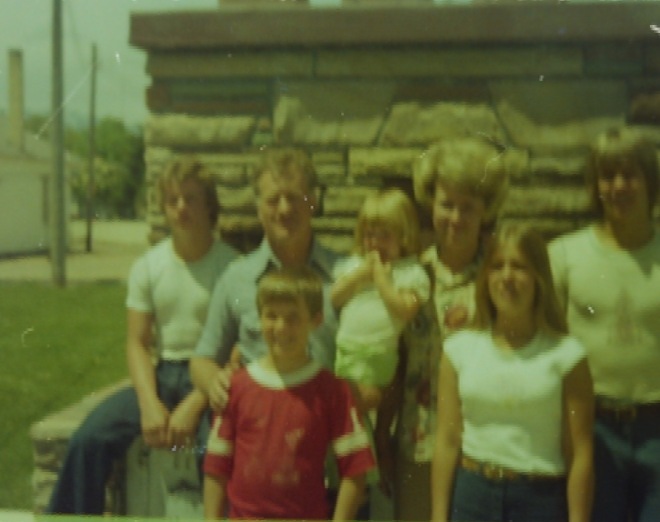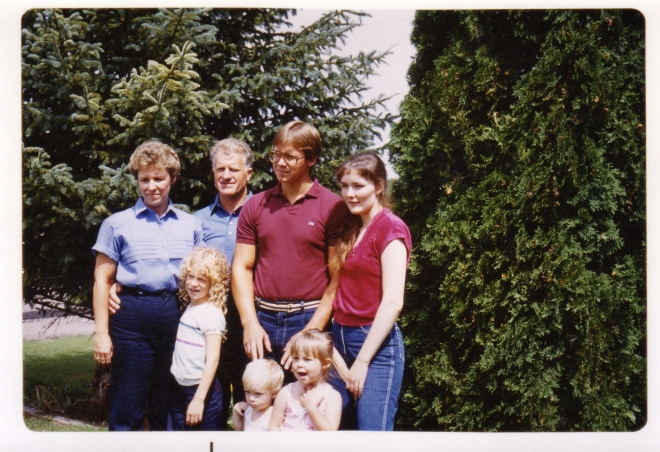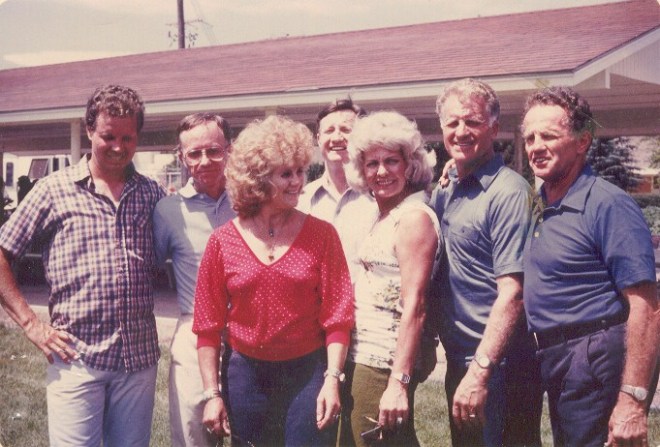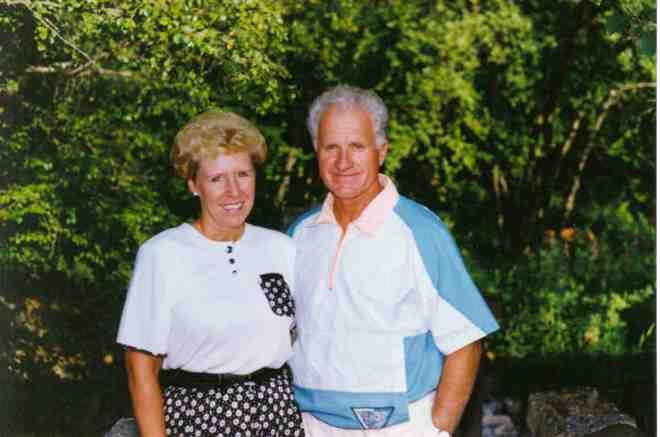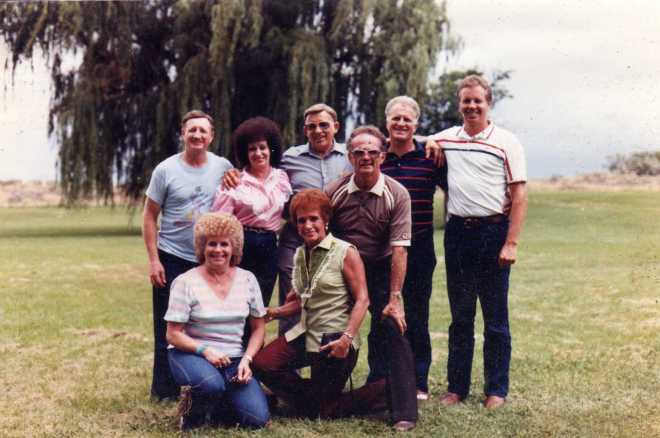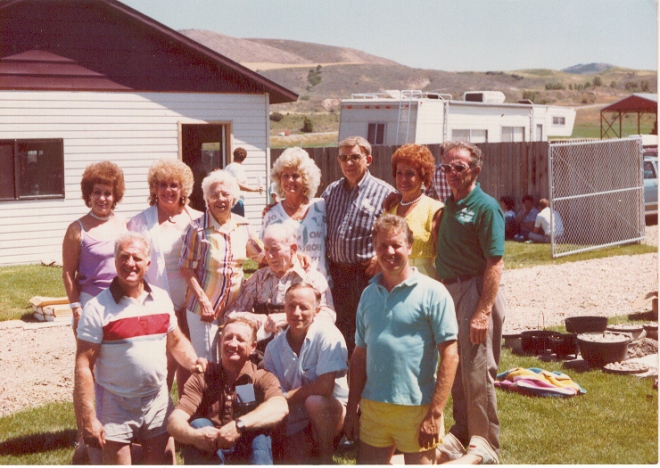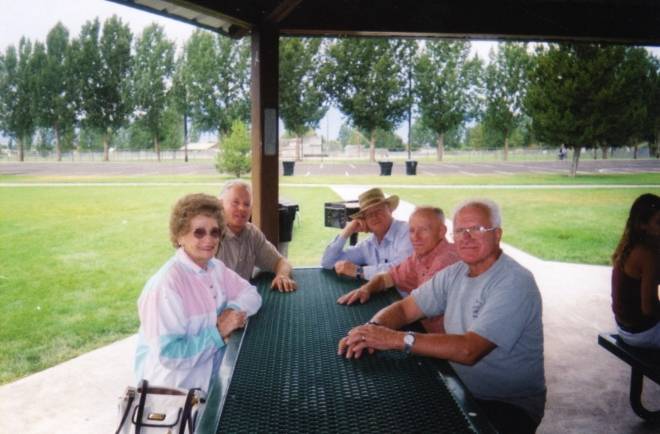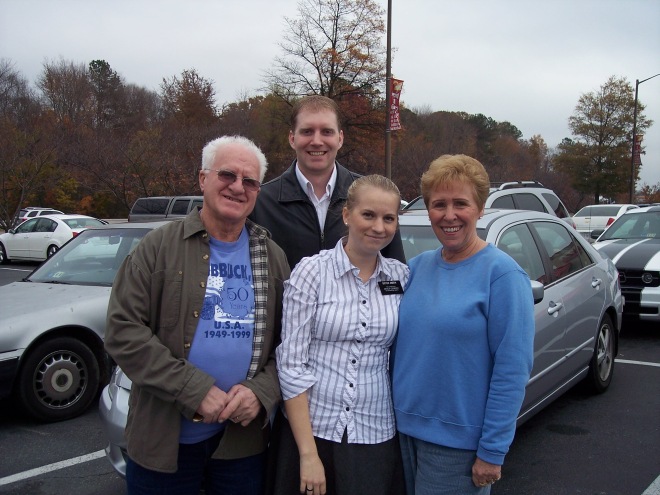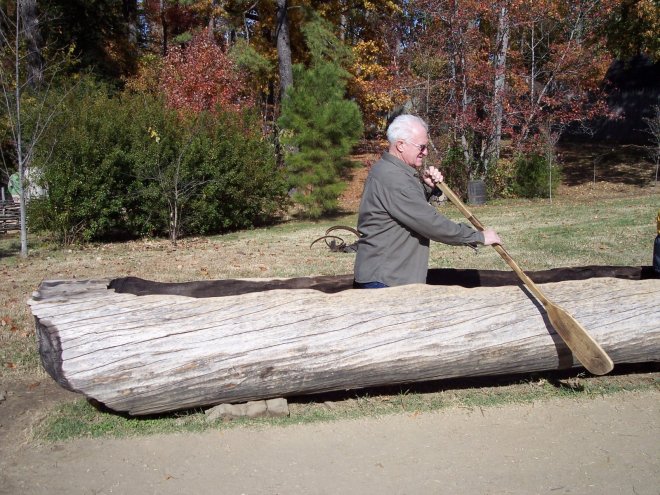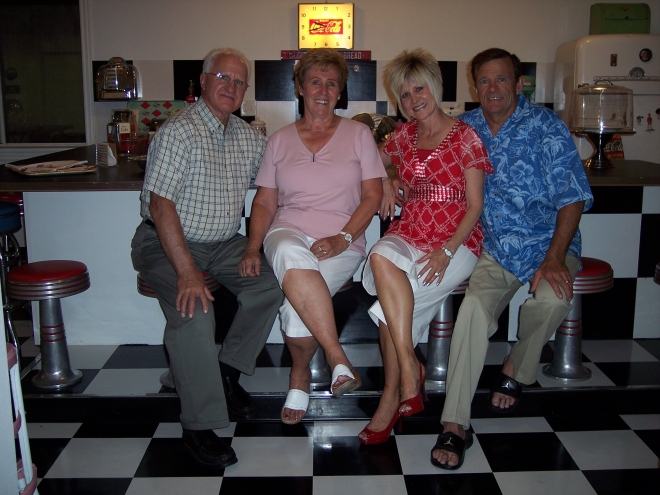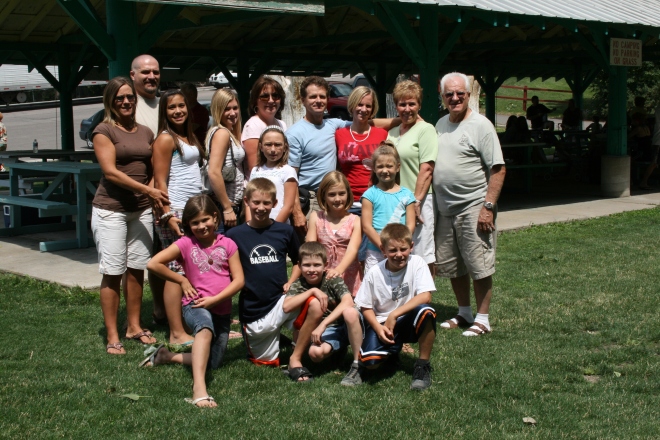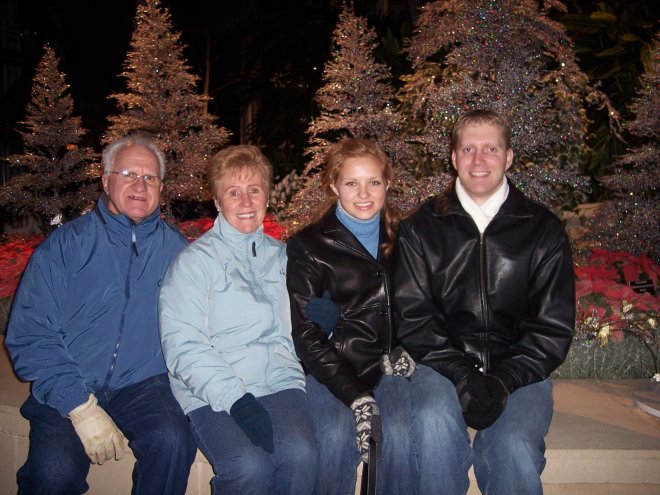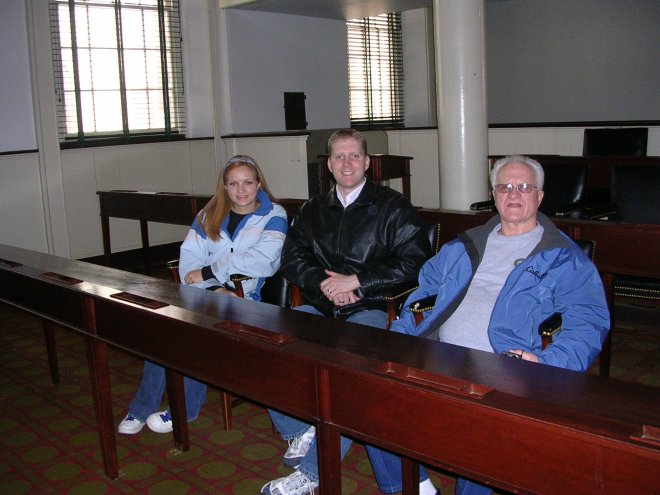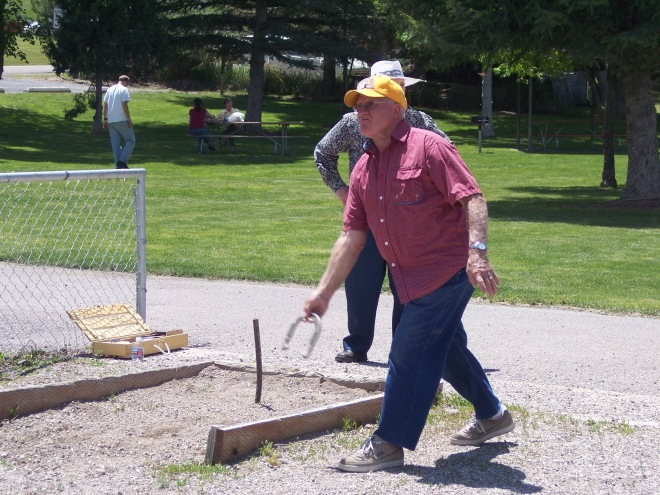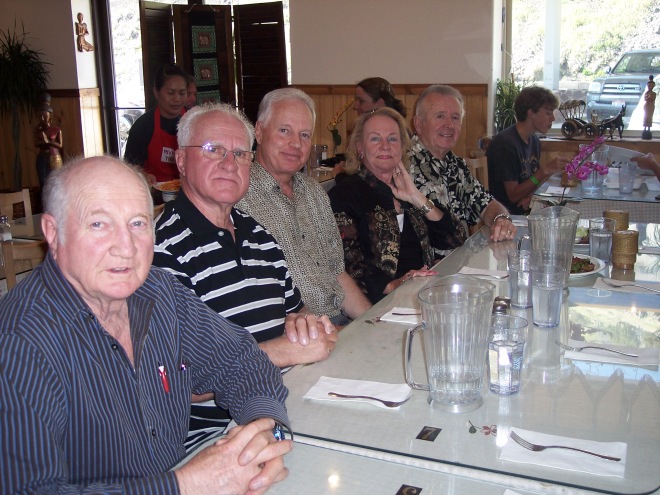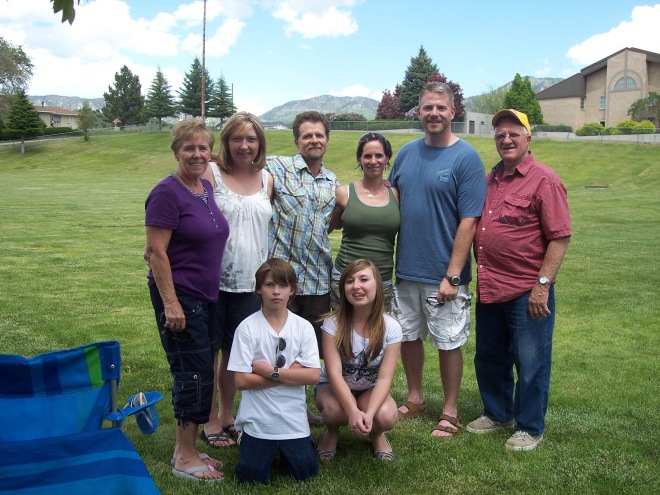
With the suicide of a dear young man, Bryce Allen Sanderson, I thought I would share these thoughts and this talk once again. In memory of Garrett Lee Smith and Lowell Eugene Hansen. Both of them forced the concept of suicide into my life and required I come to some understanding of the idea. I wanted to give some memories of these two individuals and the doctrinal concepts surrounding suicide. What is suicide? How does God look at suicide? How am I supposed to deal with suicide? How does God deal with those who commit suicide? I hope this talk will help address some of these questions as we all ponder once again this unthinkable act, that brings upon a person their own death.
Lowell Hansen was an acquaintance I knew in Paul, Idaho. I was young enough that I knew who he was, but did not really know anything about him. After I was charged by a bull at our house, I remembered that within days he appeared at our home and removed the charge from the bull. I watched him shoot, hang, gut, clean, and cut the bull. It was fascinating. I remember recognizing the butcher truck each time when I would see it on the road or at some other location. I knew he built a log home because I always saw the truck parked near it. Years later after I became involved in the same congregation and came to know him a little more as Brother Hansen. It was not until I returned from my mission that I realized he even had a family. I moved back to home in the fall of 2002 and I was assigned as a Home Teacher to one of Lowell’s daughters. It was only then I really started to get to know the Hansen family more on a personal level. It was shortly after that Lowell decided to end his life much like he did that bull. I attempted to help minister, however weakly, somewhat to the needs of his daughter and her then boyfriend. The talk I reproduce in full below was given at his funeral and has provided much of the basis for my feelings and ideas on suicide. I have gained my own testimony of the talk and testify openly of its principles and truth.
Garrett Smith was on a bit more personal level for me. I first learned of him in Manchester, England when he was assigned my companion as a new missionary. I was called as a trainer to him, although I only knew of him as Elder Smith. We served together, 24 hours a day, for 6 weeks. We had many a conversation and became close friends. I had some frustrations with him due to some of his learning disabilities and my lack of patience. He knew of this and I do not think it always helped in our relationship. When the 6 weeks were up, we had both profoundly influenced the other. He convinced me that I should consider leaving civil engineering and looking more into political science and law. I think I had convinced him that his disabilities were not a very good excuse for settling for mediocrity. I left England to return home in 2000 and he finished in 2002. We had planned several occasions where we would get together for old time’s sake, but they kept falling through due to poor scheduling and other issues. We finally set a date to get together on the 13th of September in 2003. I was going to drive down to Orem, Utah where he was and spend the weekend. Unfortunately, I received a phone call that week only to find he had hanged himself in a closet after consuming alcohol and sleeping pills. I had a great desire to attend his funeral so a roommate from Logan drove with me to Pendleton, Oregon for the funeral. I took a copy of the talk from Lowell’s funeral with me and gave it to Garrett’s parents. Garrett’s mom, Sharon, later thanked me for the talk. Our Mission President, Phil Wightman, spoke at the funeral and while I doubt he had read the talk, he referenced very similar themes as Hyrum Smith did at Lowell’s funeral (Hyrum Smith was Lowell’s Mission President too). Sometimes I find myself wondering what Garrett’s life would be like if he wasn’t reposing at Weston, Oregon.
I lost the talk over the years and had repeated requests come to me for a copy of it. Those asking were mostly individuals I had shared with at the time of Garrett’s funeral who were moved by it and wanted to give a copy of it when someone else took their life. I had probably a dozen requests for the talk in 2010, so I ended up contacting Lowell’s widow for a copy.
Here is a copy of the talk by Hyrum Smith given 6 December 2002 at the funeral of Lowell Eugene Hansen in Paul, Idaho. At the end, I will give some other thoughts I remember Phil Wightman giving at Garrett’s funeral.
 ~
~
My brothers and sisters, I wasn’t really sure until about 3 o’clock this morning why I was asked to be here, but somewhere around three, I knew. The spirit indicated to me that I am uniquely qualified to speak here today, and I’ll share with you why as I share some thoughts with you.
I’m honored and humbled that Emma Jean asked me to be here. When she called Monday, I was stunned as I’m sure all of you were.
Public speaking is not something that is foreign to me. I do it for a living. I’ve spoken before thousands of audiences, but never an assignment like this. I’d like to begin by suggesting that we are met here today in the house of God. That same God who sent Jesus here to help us. We meet today in the name of Jesus Christ who died to save us. I would ask that you keep that in mind as I share a few thoughts with you this morning.
I’d like to begin by sharing four scriptures with you that describe, as many scriptures do, how our Father in Heaven, and our Savior feel about us. I think we need to be especially reminded of that. I’d like to go first with the 29th section of the Doctrine and Covenants and read verse 5 “Lift up your hearts and be glad for I am in your midst and am your advocate with the Father. And it is His good will to give you the kingdom.” I would then take you to the 62nd section of the Doctrine and Covenants and read verse 1, “Behold and hearken, o ye Elders of my church saith the Lord your God. Even Jesus Christ, your advocate, who knoweth the weakness of man and how to succor them who are tempted.” Now go with me to John, Chapter 3, verse 16, “For God so loved the world that He gave His only begotten Son. That whosoever believeth in Him should not perish, but have everlasting life. For God sent not his Son into the world to condemn the world but that the world, through Him, might be saved.” Last I would take you back to the Doctrine and Covenants, in section 18. “Remember the worth of souls is great in the sight of God. For behold, the Lord, your Redeemer, suffered death in the flesh. Wherefore He suffered pain of all men that all men might repent and come unto Him. And He hath risen again from the dead that He might bring all men unto Him on conditions of repentance. And how great is His joy in the soul that repenteth.” I share those scriptures with you, brothers and sisters, as a preamble to what I would ask you to consider as we have met here today.
This wonderful man, father, husband, son, brother, missionary, I knew him well as a missionary. He was one of the great missionaries of our mission – most of the Idaho people were. He made a big mistake the other night. Huge mistake. He knows that he made that mistake now. It cost him his life. But only his body died the other night. His soul, his spirit, his brain, his mind are still very much alive – very active. It’s like going into another room.
I was led to a talk that Elder Jeffrey Holland gave at a very similar funeral. Jeff Holland and I served as missionaries in the same mission, British mission, lots of years ago. He’s a very dear friend. He was asked to speak at the funeral of a young man who had taken his life. This is what Elder Holland said, and I am going to interject Lowell’s name into these remarks, because they fit perfectly today. “We’re here to celebrate Lowell’s life, not his death. We’re here to praise the Lord and love God for the atonement and the resurrection, but we’re also here to say, particularly to the youth in this congregation and others who struggle, that Lowell made a mistake. Now he would be the first to say that. Someone said, ‘A man to be good, and I would add a woman, must imagine intensely and comprehensively – he must put himself in the place of another – the pains and pleasures of the man that has become his own. Until he can do that, he must never sit in judgment on a man or his motives.’ We need a better vocabulary, Emma Jean. We know what we mean when we use the language of death. But the master of heaven and earth, the Savior of the world, the Redeemer of all mankind, the living Resurrection said that, “When you live and believe in Him, you never die.” So, we’ll let Lowell go for a while. But he’s not dead, in any eternal sense, and you know that. You know that now, you’ll know it tomorrow, and you’ll know it next week. You’ll especially know it when he is spiritually close to you, whispers to you in your dreams, helps through the veil to raise your grandchildren. You’ll know that Lowell lives. It is important to me to bear testimony to you that Lowell lives – just as we testify that God lives and Jesus lives. We testify that Lowell lives and spiritually and is loved of God and of us. We miss him. Death was an intruder this week. We weren’t ready. We do miss him and we are sorry, but none of that diminishes the brightness of his life. The grandeur of God’s plans – the reality of life and the resurrection – of eternity and the Celestial kingdom. Lowell is being buried with all the promises and symbols of his covenants safely around him. God in his mercy will work out all the arrangements even as Lowell works out his acknowledgement of his mistake.” Un-quote.
Those are words of an Apostle of God. I would like to pose five questions to you now. The first of which no one has an answer for, but I think we need to deal with it, because I don’t think there is a person in this room that hasn’t asked this question in the last five days. The second, third, and fourth question, I came from southern Utah this morning, to answer. Because there are answers to those three questions, and I believe I can answer them for you. The fifth question, only the people in this room can answer. I don’t know what that answer will be, but I’m going to pose it.
Here’s the first question, which has been on the minds and lips of probably everyone. “What was he thinking about?” What possibly could have driven him to make this mistake? What’s the answer? I don’t know. Nobody here knows. What sort of despair and anguish and pain causes someone to do that? I don’t know! He made a mistake, so we really don’t know the answer to that question. But that’s not the important question.
The second question, the one that I think I am uniquely qualified to answer, and one of the reasons why I think I was asked to be here is, “What is Lowell thinking now?” Lowell’s very much alive. He thinks, he breathes; he has probably had an opportunity to walk with his Father in Heaven. DO you want me to tell you what he is thinking now? He’s afraid. He’s sorry. He’s in anguish. He’s suffering. He’s wishing he hadn’t done it. I know that. How do I know? Several years ago, I made some big mistakes. We all make mistakes. Hopefully not as big as the ones I made. Because of those mistakes, it was required that I lose my membership in the church for several years. And after I went through the process of approaching my Bishop and my Stake President, and going through the church judicial system – which is amazing, I found myself asking the first question a lot. What was I thinking? I couldn’t even answer that question for me. But I know what I thought about after. I know about the pain. I know about the anguish. I know about the suffering. It’s awful! So rest assured, and knowing Lowell as I know him – the integrity of this man, he’s in a lot of pain.
Third question, “Will the Lord allow Lowell to repent?” Every natural instinct in your body knows the answer to that question – Of course! He allows everyone to repent. There’s a myth that floats around the church from time to time. It suggests that people who take their lives have committed an unpardonable sin. I’m here to tell you today that’s just flat not true. The Lord will allow Lowell to repair that mistake. He’ll walk him through it. He’ll help him do it. He’s going to allow that.
Fourth question, “Will the Lord forgive him?” Every natural instinct in your body knows the answer to that question. The answer is yes. He will. He will forgive him. And Lowell will receive all the blessings that he rightly deserves from a wonderful life.
Those are the three questions I can answer with surety. The fifth question, I can’t. The fourth question was, “Will the Lord forgive him?” The answer is yes. The fifth question is, “Will you?” I know from sad experience that lots of people don’t. But the Lord has asked us to forgive. He said, “I the Lord will forgive whom I choose to forgive, but of you, you’re required to forgive all men.” I need to talk about forgiveness for a moment. Does the mistake that Lowell made the other night blot out all the good that this man did in his life? No! Elder Holland reflected on that. He was a wonderful missionary. He was a great father. He was a great man. He was dedicated to his Father in Heaven. Like many of us, he made some mistakes, one big one. It doesn’t blot out everything he was. We heard of a wonderful tribute from a beautiful daughter today about the kind of dad he was. None of that gets wiped out.
As I went through the initial stages of my repentance process, one of the major sources of the anguish was the worry that no one would forgive me. Because I somehow got it in my mind as I grew up in the church, that to ultimately forgive someone, for a transgression, you had to forget it. Because we were taught in the scriptures, that when repentance was real and complete, the Lord forgets. How does He do that? He forgets! Wow! Can we, mortals, reach a level of spiritual maturity where we can forget what happened the other night? I don’t think so. Do you think that anybody in this room will ever forget that Lowell took his life? Not in this life. I don’t think so. Do you think anyone, who knows me well, will forget that I was excommunicated from the church? Nope – Hyrum Smith…business leader, great, great grandson of the prophet’s brother, Hyrum? No one will ever forget that! Do you think my kids will forget that? No! BUT, and this is one of those moments where the spirit instructs and saves, in the middle of the night, the spirit taught a great lesson. Forgiveness doesn’t mean forgetting. Forgiveness means remembering – but it doesn’t matter any more. I think we can achieve that. I think we can reach a point, as mortals, where we can remember and have forgiven to the point where, in remember, it just doesn’t matter anymore. I challenge each to deal with the fifth question, “Will you forgive him?” I believe you can – you must! That’s what the Lord wants you to do. But you’ll never forget.
I want to share a concept with you that has helped me think through a number of things. During the Vietnam War, I was in the military during that period of time; there was a man by the name of Stockdale. He was an admiral. He was the highest-ranking man to spend time at the Hanoi Hilton as a prisoner of war. And while he was in the prison, for about six years, he discovered that there were three basic types of people incarcerated in that prison. He discovered the same thinking that Victor Frankl discovered at Auschwitz during the Second World War. Victor Frankl wrote about it in his book, “Man’s Search for Meaning.” Then Stockdale wrote about it, and it has become known and has been written about in a number of books since – the Stockdale paradox. The three groups of people that he discovered were these. There were pessimists, optimists, and realists. And this is how he defined each group. The pessimists saw the brutal facts around him and quit. The optimist had boundless faith and ignored the brutal facts. The realist saw the brutal facts, but had faith they could be dealt with.
The reason I share this with you is that in this book, when he wrote about this he said the interesting thing about these three groups is that the first two groups of people died in the camps at Vietnam. Died! Didn’t make it back! I understood why the pessimists didn’t make it. They saw the brutal facts. They were in the middle of South-East Asia. They were 8,000 miles from help and the Marines aren’t going to get in here. We’re going to be here forever, and they died. And some very healthy bodies died.
The second group stunned me! The optimists died! How come the optimists died? Because the optimists had boundless faith but were not willing to look at the brutal facts. And they said to each other, “You know we’ll be out of here by Christmas.” “We’ll be out of here by Valentines.” Every rustle in the bush was the Marines coming to save them. And when every rustle in the bush wasn’t the Marines coming to save them and when they weren’t out by Christmas, and when they weren’t out by Valentines, they died. They gave up and died.
The realists survived. They saw the brutal facts. “We’re in the middle of South-East Asia. We’re not going to be rescued for a long time, but you know what guys, we’ll stick together. We can handle this.” And they did.
A good friend, by the name of Jensen, was in our mission – Lowell knew him – served six years in that prison. There were several LDS fellows there, and the way they kept themselves sane was they would try and remember LDS hymns. They would tap by Morse code on the bars of the jail, and they would send what they could remember of each hymn. They gathered lots of hymns. And one hymn they worked on for four years. They got the first three verses in about 18 months, but the fourth verse took two and a half years to get. They finally got the fourth verse. When they got back, there was only three verses. They had created their own verse, but they survived. Now why do I share that here? I want to ask you the question as what are you going to do about this issue? Pessimists see the brutal facts – Our dad killed himself. It’s pretty awful. Nothing so wrong, it’s awful! And you can give up – if you want. The optimist ignores the facts – puts on a smiley face and pretends it didn’t happen. And the optimists live a lie. The realist sees the brutal facts – We lost our dad, our husband, our son – pretty awful. We’ve got to gather together and help each other now to survive financially and economically. We’ve got to get through school. We’ve got to do stuff that dad normally would have helped us with. It isn’t going to be easy. The optimist has the faith that we can do it. And so I’m asking you today, “What are you going to be?”
On the 19th of October of last year, not this year, but 2001, Steven Covey and I, we have a business together, were asked by Mayor Giuliani of New York City, if we would come back to Manhattan and do a free, one day, workshop for the families of those affected by the 9/11 disaster. He told that their mid-town Manhattan Sheraton had donated their ballroom. They donated our rooms to stay. Would you come back? We’ve got people in some real pain. Would you come back and speak? We said, “We’re there!” We got there on a Thursday night. The seminar was to be on Friday. I got there about midnight. I’ve been in Manhattan many, many times. As I flew up the East river, I was coming from Chicago, and saw the lights where the World Trade Center used to be, it was kind of an eerie feeling. It was a very different landscape now.
At five o’clock the next morning, Mayor Giuliani had arranged for a tour, a private tour of ground zero for Steven and me. At that point, which was just five weeks after the event; sixteen hundred policeman had surrounded ground zero, and had blocked it off. You couldn’t get down there without a police escort. We had to go through four checkpoints to get to ground zero. About 5:15 in the morning, we found ourselves standing on the street in front of where the Marriott Hotel used to be. It used to be called the Vista Hotel. I’ve stayed in that Hotel many times. Only I wasn’t really standing on the street. I was standing on 16 feet of compacted debris. And as we stood there looking at this horrific hole in the ground, the policeman who had been assigned to be our guide began to tell us his story.
He said, “You know, I was here that day. I was standing on the street right about where we are. I heard this big bang, I looked up, and all this stuff came flying out of the World Trade Center.” He said, “You know, it looked like paper when it all came out until it started hitting the ground. It was fifty foot I-beams killing everyone it hit.” He said, “I watched 34 people jump from those towers. Four of them holding hands. I watched eight firemen lose their lives from falling people.” I’m not even believing this. Then he looked at me and said, “Mr. Smith, how many computers do you think there were in the World Trade Center?” I said, “Probably a lot.” He said, “We haven’t found one!” I said, “How come?” “3,000 degree fire. It’s still burning.” As he was talking, a crane pulled a big I-beam out of the rubble, and the end of the I-beam was dripping molten steel. Then he said, “You know the second plane hit and then the building started to come down – we all thought we were dead. We got under a car, and somehow we lived.” That’s how our morning started.
When we got back to the hotel at about 7:30, we had to shower. We were covered with soot. At 8:00, this meeting began. There were 2,000 people jammed into a ballroom designed for 1,500. People were sitting on the floor. It started by two New York policemen and two New York Firemen, carrying the American flag in. I will tell you, It’s hard. And then the Harlem girls choir, sixty young women from Harlem, filed in and sang three patriotic songs, and the music that came out of those kids was amazing. I was very grateful that Steven Covey had to speak first because I was a mess. He spoke for two hours, and then I had to speak for two hours. As I approached the front of the room, there were people all around on the floor. A fireman, about half way back, in uniform, stood up, and he said, “Mr. Smith, are you going to tell us how we get of bed in the morning when we just don’t give a darn anymore?” That’s how it started. It turned out to be one of the toughest, and ultimately the most rewarding experiences I’ve had. I said these words to the fireman – and I want to say these words to you – Emma Jean and the children, and their extended family, and everybody here. If you don’t remember a think I’ve said, remember this statement. I said to this fireman, “Pain is inevitable. Misery is an option.” And he seemed a little stunned. Now what do I mean by that? The fact is, brothers and sisters, bad things happen to good people. They just do. Airplanes fly into buildings. Rivers overflow their banks. Dams break and flood out villages. Accidents happen – people die prematurely. Bad stuff happens to good people. How we choose to deal with the pain is ultimately a measure of who we are.
That’s why the Lord gave us the gospel of Jesus Christ. To help us deal with the pain. Some of the most serene, magnificent, wonderful people I’ve ever known have gone through some major pain in their lives.
Will the Lord forgive? Yes! Ten days ago, tomorrow, President Hinckley and Elder Maxwell, laid their hands on my head and restored all my blessings. Not just some of them. All of them. And President Hinckley mentioned three times in the most amazing blessing I’ve ever heard, all the blessings. I’m here to testify to you today that that will happen to Lowell. He’ll be there. He’ll be ready, Emma Jean. He’ll welcome you with all his blessings. So the challenge for us as the living – to go on.
When the pioneers came across the plains, they periodically had to stop and bury the dead. And the scene was always the same. There’d be a family standing around the grave, and if you looked off into the distance, you could see the wagons – and the wagons were ready to go. The wagons had riders in them. They were waiting for the family to get through with that funeral so that they could move on because they knew, “If we don’t move on, then we’ll die!” They buried their dead, and they moved on.
Well, the wagons are surrounding the building, and they’re ready for us to move on. We pulled off the highways of our lives to pay tribute to a great human being – who made a mistake that can be fixed. And when we’re through here today, we’ll get back in our wagons and move on. We’ll survive. Don’t ever forget the brutal facts, but never lose faith that they can be dealt with. I bear you my testimony that God lives. Jesus is the Christ. He loves everybody in the room. He’ll take care of Lowell. He’ll take care of us too. I bear that witness in the name of Jesus Christ, amen.
~
 Here are a few more thoughts from my memory of Phil Wightman’s talk from Garrett’s funeral. The talk centered around the scripture in 1 Corinthians 13:12-13 which states, “For now we see through a glass, darkly; but then face to face: now I know in part; but then shall I know even as also I am known. And now abideth faith, hope, charity, these three; but the greatest of these is charity.”
Here are a few more thoughts from my memory of Phil Wightman’s talk from Garrett’s funeral. The talk centered around the scripture in 1 Corinthians 13:12-13 which states, “For now we see through a glass, darkly; but then face to face: now I know in part; but then shall I know even as also I am known. And now abideth faith, hope, charity, these three; but the greatest of these is charity.”
In essence, since I went to the funeral with Lowell’s funeral talk in my mind (in fact, my friend, Taylor Willingham, read it to me again on the drive up and I gave a copy to Garrett’s parents) the basics of the talk were the same. Brother Smith approached it with some practical questions and answers to those questions. President Wightman approached it from a doctrine side that we do not really know what goes on in the minds of these individuals when suicide is completed. But we have to have charity, love them and their families, and move forward. In the end, the Lord will sort all things out.
Rest in peace Garrett and Lowell. I look forward to meeting up with you both again some day. Until then, I hope we all can appreciate the suicidal act and hopefully help avoid it in the future, and work forward from those who do commit this unthinkable deed.
First published 5 Jun 2011.

